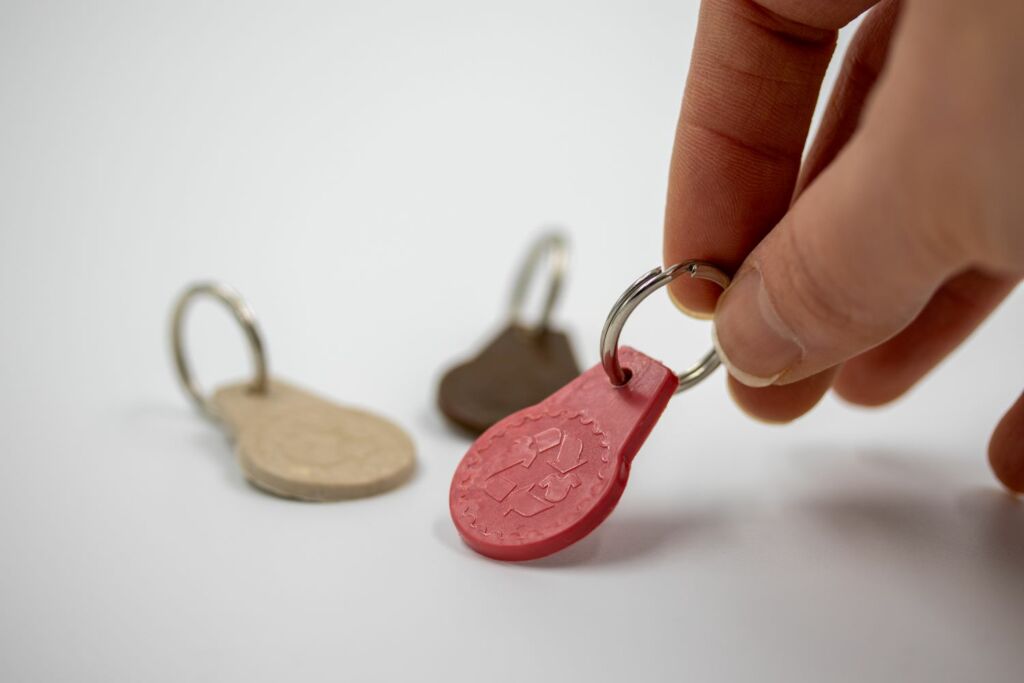Telavalue project has been ended and reported


Telavalue has been successfully ended in July, and now also final reporting has been submitted to Business Finland. The main objective of the Telavalue project was supporting and building of value chains for sustainable production, use and cycles of textiles. In order to achieve this goal, we set seven targets. These targets, as well as respective results and outcome, are following:
1. Create knowledge on value chains and ecosystem for sustainable and circular textile business.
We made actor and infra mapping (more than 500 actors), evaluated impact and value for customers from circular value chains, carried out customer and consumer studied and made circular data model with MVP (minimum viable product) approach.
2. Obtain expertise in application of novel bio-based and recycled fibres in high quality, sustainable and long-life textile end-products.
We determined technical requirements and product life-time expectations for textile products. We generated experimental know-how about quality improvement treatments and spinning of various biobased and recycled fibres into yarns which were also produced into fabrics and products.
3. Obtain competence for implementation of new circular business models in companies.
We carried out multifactor study of implementation of novel circular business models including operational principles, economics, design aspects, and data needs and consumer attitudes.
4. Ensure high quality and value in textile material recovery.
We described a sustainable model of utilization of discarded textile flows based on their value and quality and made technology review of identification and sorting. We also generated know-how by carrying out process studies and development regarding fibre opening and quality improvement, as well as cleaning and separation processes.
5. Facilitate high value fibre-to-fibre recycling instead of down-cycling.
We made technology review on fibre-to-fibre recycling. We carried out process studies and development of chemical recycling of cellulose based textile fibres. We also made fibre demonstrations base on chemical recycling of cellulosics, and material and product demonstrations based on mechanical recycling.
6. Facilitate high value non-textile recycling options for technical materials and fractions that are not suitable for textile application.
We made technology review on open-loop recycling. We carried out process studies and development of thermo-mechanical recycling of textile wastes to composite applications, and made key fob acting also as shopping cart token as product demonstration.
7. Improve business and export opportunities of Telavalue consortium and Finnish textile industry by active networking and collaboration.
Project generated lots of information to Telavalue consortium and Finnish textile industry to support their business. We networked nationally and internationally, for example, via Science & Technology Board work, researcher exchange and visits, webinars and study trips as activities of international collaboration.
Results of the project are summarized within public final report, which also contains links to other result publications. Telaketju collaboration has been continued in Finland for almost ten years, and research and development work continues, for example, EU-tExtended, EU-PESCO-UP and Baltic2Hand projects.
